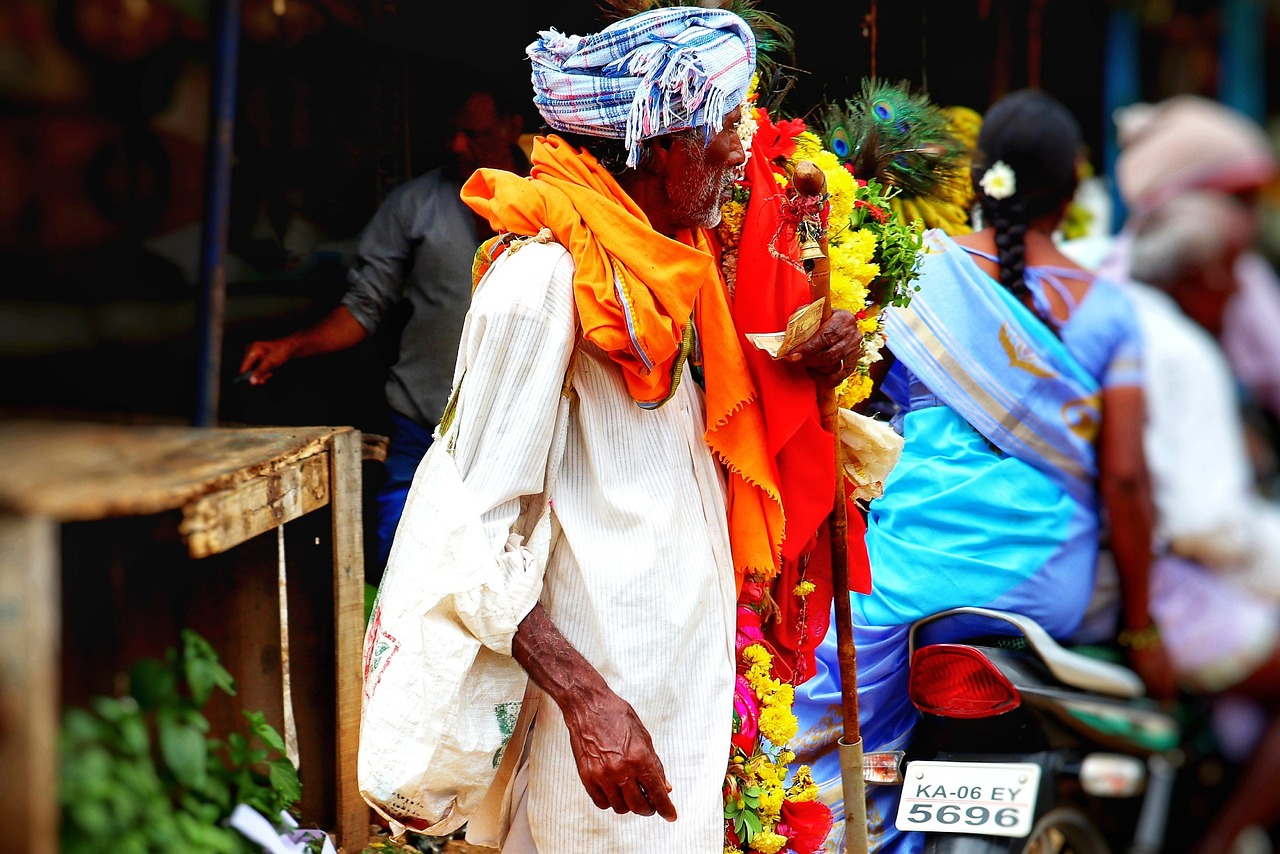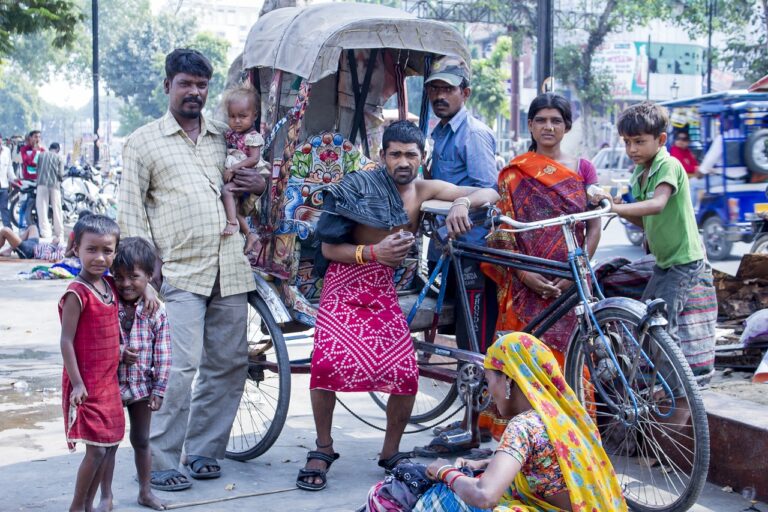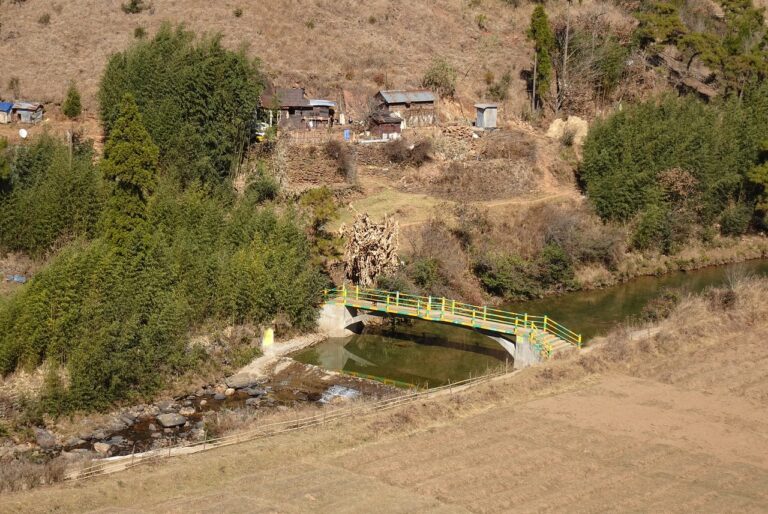The Future of Virtual Political Events: All pannel .com, Play99exch win login, Gold365
all pannel .com, play99exch win login, gold365: Managing Political Events During a Pandemic
In the face of a global pandemic, organizing political events has become a challenging task for politicians, campaigners, and event organizers alike. The need to balance public safety with the democratic process has forced many to rethink how they approach political gatherings. But just because we are living in unprecedented times does not mean that political events need to come to a complete standstill. With proper planning and adherence to safety guidelines, it is still possible to hold impactful political events during a pandemic.
The Importance of Political Events
Political events play a crucial role in shaping public opinion, mobilizing support, and fostering dialogue between politicians and constituents. Whether it’s a town hall meeting, a debate, a rally, or a fundraiser, political events allow candidates and elected officials to connect with voters on a personal level and communicate their platforms and policies effectively.
However, in the age of COVID-19, traditional political events that involve large crowds, close contact, and indoor gatherings pose a significant risk of spreading the virus. As such, it is essential for political organizers to adapt their strategies and implement safety measures to ensure that events can proceed safely.
Guidelines for Managing Political Events During a Pandemic
1. Embrace Virtual Events: In the era of social distancing, virtual events have emerged as a safe and effective alternative to traditional in-person gatherings. Consider hosting town hall meetings, debates, and fundraisers online using video conferencing platforms such as Zoom or Microsoft Teams.
2. Limit Crowd Sizes: If you must hold an in-person event, be sure to limit the number of attendees to comply with local health guidelines. Consider holding outdoor events where physical distancing measures can be easily enforced.
3. Require Face Coverings: Mandate the use of face masks or coverings for all attendees and staff at your event. Provide masks for those who do not have them and encourage proper mask-wearing etiquette.
4. Implement Temperature Checks: Conduct temperature checks at the entrance of your event to screen for individuals with fever, a common symptom of COVID-19. Anyone with a fever should be denied entry.
5. Provide Hand Sanitizer Stations: Set up hand sanitizer stations throughout the event space to encourage regular hand hygiene among attendees and staff.
6. Arrange Seating for Physical Distancing: Ensure that seating arrangements at your event allow for at least six feet of distance between individuals or household groups. Use markers or signage to indicate where attendees should sit.
The key to managing political events during a pandemic is to prioritize the health and safety of all participants while still achieving the goals of the event. By following these guidelines and staying informed of the latest public health recommendations, political organizers can navigate these challenging times and continue to engage with voters effectively.
FAQs
Q: Can political events be held safely during a pandemic?
A: Yes, with proper planning and adherence to safety guidelines, political events can be held safely during a pandemic.
Q: What are some alternatives to traditional in-person events?
A: Virtual events, outdoor events, and smaller gatherings are all viable alternatives to traditional in-person political events.
Q: How can organizers ensure the safety of attendees at political events?
A: Organizers can ensure attendee safety by enforcing physical distancing, requiring face coverings, conducting temperature checks, providing hand sanitizer, and implementing other safety measures.
Q: What should organizers do if an attendee exhibits symptoms of COVID-19 at an event?
A: Organizers should have a protocol in place for dealing with attendees who exhibit symptoms of COVID-19, including isolating the individual and contacting local health authorities for further guidance.
In conclusion, while managing political events during a pandemic may present unique challenges, it is still possible to engage with voters and advance political agendas safely. By embracing virtual events, limiting crowd sizes, enforcing safety measures, and staying informed of public health guidelines, political organizers can navigate these uncertain times successfully.







